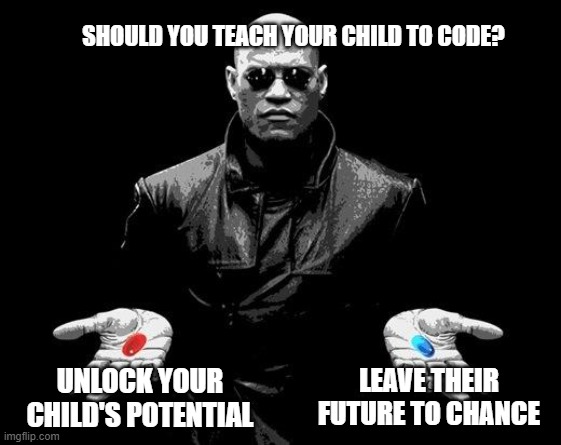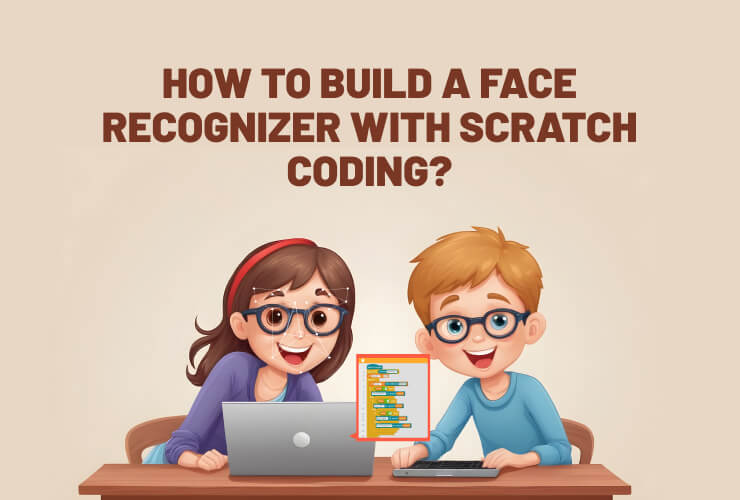Table of Content
What Kids Need to Know about Version Control
Basics of Version Control for Kids
Definition of Version Control
Types of Version Control Systems
Key Concepts of Version Control
Why Kids Should Learn Version Control
- Real-World Applications of Version Control
- Advantages of Using Version Control in Programming
- Collaboration Benefits of Version Control
Teaching Version Control to Kids
Wrapping Up
In today’s digital age, technology plays a significant role in our lives, and coding courses have become valuable for learning coding skills for kids to develop. One important aspect of coding that often goes unnoticed but is crucial for collaboration and project management is version control.
Version control is like a superpower that allows programmers to keep track of changes made to their code over time. It acts as a time machine, enabling them to return to previous versions and understand how their code has evolved. But what does version control mean for kids?
Imagine working on a school project with your friends, where everyone contributes their ideas and codes. Without version control, it can become chaotic and challenging to merge everyone’s work seamlessly. Version control with online coding classes helps avoid confusion by providing a central hub where all changes are logged, making collaborating easier.
This blog post will explore version control in simple terms that kids can understand. We’ll discuss version control and why learning this skill can make kids better coders and team players. So, let’s embark on this exciting journey into the world of version control!
Basics of Version Control for Kids
Version control is a system that helps people manage and keep track of changes made to files and projects over time. It allows multiple people to work on the same project simultaneously and keeps a record of every modification made, making it easier to collaborate and track progress. Let’s dive into the basics of version control, exploring its definition, types of systems, and key concepts.
Definition of Version Control
Version control is a method used to manage and organize changes made to files and projects. It keeps track of each modification, allowing users to go back and view previous versions of their work. It helps maintain a history of changes and facilitates collaboration among team members.
Types of Version Control Systems
There are two main types of version control systems: centralized and distributed. All files and changes are stored in a centralized system in a central repository. Users must connect to the repository to access and modify files. In contrast, a distributed system allows users to create local repositories on their computers. This enables them to work offline and synchronize changes with others later.
Key Concepts of Version Control
- Revisions: Revisions are snapshots or checkpoints of a project at a specific point in time. Each revision represents a version of the project, including all the changes made up to that point. Users can compare revisions to see what has been added, modified, or removed.
- Branches: Branches are independent lines of development that allow users to work on different features or experiments without affecting the main project. Think of branches as separate paths where modifications can be made. Once changes in a branch are complete and tested, they can be merged back into the main project.
- Merges: Merging is combining changes from one branch into another. When multiple people work on different branches, merging allows them to combine their modifications and incorporate them into a single version. It ensures that everyone’s work is combined without conflicts.
Why Kids Should Learn Version Control
Version control is a vital skill for kids to learn in today’s digital age. Whether they are interested in programming or not, version control offers numerous benefits and real-world applications that can enhance their problem-solving abilities, collaboration skills, and understanding of software development.
- Real-World Applications of Version Control
Version control is not limited to programming; it is widely used in various industries, including software development, web design, graphic design, and content writing. Learning version control early on helps kids develop valuable skills across multiple domains, allowing them to efficiently manage and track changes to projects, documents, or any collaborative work.
- Advantages of Using Version Control in Programming
Version control provides a structured and organized approach to software development, enabling kids to keep track of changes, experiment with new features, and easily revert to previous versions if necessary. It promotes a systematic workflow, reduces errors, and improves code quality. By learning version control, kids become familiar with industry-standard tools like Git, widely used in the programming community.
- Collaboration Benefits of Version Control
One of the significant advantages of version control is its ability to facilitate collaboration among multiple developers. Kids can work together on coding projects, merge their changes seamlessly, and resolve conflicts efficiently. Version control platforms like GitHub provide an excellent platform for kids to showcase their work, collaborate with others, and contribute to open-source projects, fostering a sense of community and teamwork.
Teaching Version Control to Kids
Teaching version control to kids is an invaluable skill that equips them with the fundamental principles of collaborative coding and project management. In online coding classes at Codingal, we believe in empowering young minds with essential tools for success in the digital world. Version control allows children to track changes, collaborate seamlessly, and maintain the integrity of their codebase.
Our engaging curriculum of coding courses introduces kids to version control using user-friendly platforms like GitHub. We emphasize the importance of organizing code repositories, creating branches, and committing changes. We foster teamwork and problem-solving skills by teaching them how to merge branches and resolve conflicts.
Through hands-on activities and interactive projects, we encourage kids to experiment, learn from mistakes, and grow as developers. They gain a deeper understanding of software development workflows and the significance of maintaining a clean, well-documented codebase.
Wrapping Up
Teaching version control to kids is crucial in the digital age, and parents should encourage their children to learn this essential skill. Version control enables kids to effectively manage and track changes in their coding projects, fostering collaboration, organization, and problem-solving abilities. By introducing version control early on with online coding classes, children develop good coding habits, gain a deeper understanding of software development, and become more efficient programmers.













